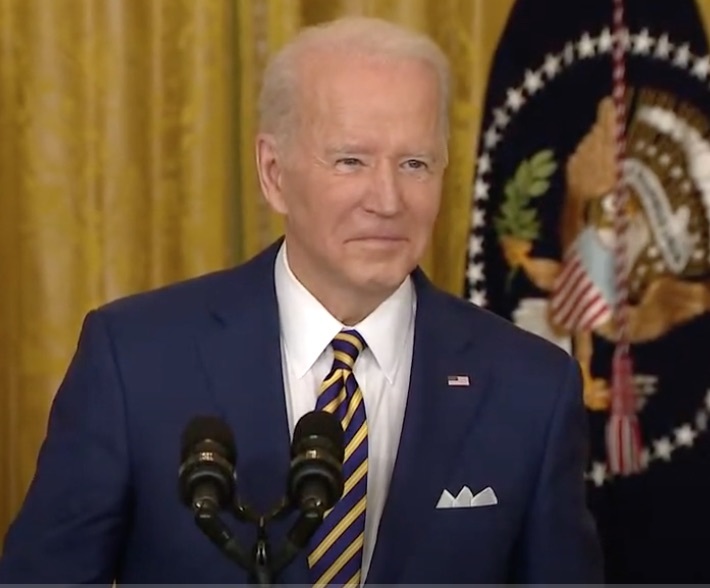Today is the 92nd birthday of arguably the most influential social and political theorist of our generation, Thomas Sowell. Sowell has written over 30 books in his career that has spanned over a half century. He currently serves as a Senior Fellow at the Hoover Institution while previously working as a professor at some of the nation’s top academic institutions such as UCLA, University of Chicago and Cornell.
His work spans across all disciplines of race, economics, and politics, challenging progressive orthodoxy and commonly pushed fallacies from the Left. His staple view towards policy has always been, “There are no solutions. There are only trade-offs.” He has continuously dismantled the notion of achieving progressive utopia by devoting himself to following the facts and empirical evidence.
Born in Gastonia, North Carolina during the Jim Crow era, Sowell soon moved to New York City where he attended Stuyvesant High School in Harlem. Eventually, Sowell would drop out prior to graduating and soon after enlisted in the United States Marine Corps during the Korean War, where he served as a photographer.
After his military service he enrolled at Howard University before transferring to Harvard. He soon graduated with his bachelor’s in Economics. After earning his master’s degree from Columbia, he studied under Milton Friedman and George Stigler at the University of Chicago for his doctorate.
Surprisingly, Sowell was a self-proclaimed Marxist throughout his college and post-graduate years, even while studying under these economic greats who emphatically opposed Marxism. When Sowell was later asked what changed his political views away from Marxism he simply responded, “facts.”
Thomas Sowell has been an icon for conservative and libertarian citizens alike, even though Sowell doesn’t explicitly pledge allegiance to any party. His commitment is to his empirical findings rather than any political party.
One of his most famous books, The Vision of the Anointed, published in 1995 delivers a blow to progressive policymaking and the effectiveness of far-fetched social crusades that came about in the 1960’s and 70’s. Sowell points out the utter ignorance to objective facts and economic realities that go against the modern progressive’s utopian vision, which is usually pushed by “anointed” activists and politicians in order to sustain their political correctness and moral superiority. Many members of the “anointed class” believe that it is their personal mission to forge through realities of the world and human nature to achieve their objectives. “To believe in personal responsibility would be to destroy the whole special role of the anointed, whose vision casts them in the role of rescuers of people treated unfairly by ‘society,’” wrote Sowell.
Another classic work written by Sowell was his 2000 release of Basic Economics, an extensive look at virtually all economic matters. The book is distinct from other economic books because of the way Sowell simplifies complicated theories, writing them in a way the everyday reader can understand. Noticeably absent from Basic Economics are graphs.
Sowell expands on his theory of the minimum wage and how disastrous it is for unskilled laborer, especially urban black teenagers. Progressives claim to push minimum wage policies on behalf of poor minorities, but it leads to large-scale unemployment, causing harm to the very people they claim to help. Sowell writes, “Unfortunately, the real minimum wage is always zero, regardless of the laws, and that is the wage that many workers receive in the wake of the creation or escalation of a government-mandated minimum wage, because they either lose their jobs or fail to find jobs when they enter the labor force.”
Sowell has also written extensively on the topics of race and society. In his various works, such as The Economics and Politics of Race (1983) and Discrimination and Disparities (2018), he laid waste to progressive rhetoric around the cause of racial disparities. Sowell notes that overbearing social policies, such as extensive welfare and affirmative action, have a net loss for people of color.
In Affirmative Action Around the World: An Empirical Study (2004), Sowell studies various affirmative action policies around the world and compares them to our domestic policy of racial preferences in college enrollment. Sowell believes that through racial preferences and quotas, universities do not match students with appropriate schools by using his term “mismatching,” famously asserting that “equal opportunity policies are against racism. Affirmative action is racism under new management.” These policies are detrimental to those people of whom the policies are supposed to help, while also going against the long held and strived for American value of ‘equal opportunity.’”
The vitriol and demonization of Thomas Sowell has continued through his impressive and unmatched academic career because of his refusal to fit the mold that many black intellectuals do of subscribing to leftism in the denial of basic truths. He remains an intellectual enemy of those he deems the “anointed.”
However, to many classical liberals and freedom seeking individuals he remains a legend and a model of scholarship.
On his 92nd birthday, we commend his work and knowledge as he continues to leave a profound legacy in American society and public policy.
Favorite Sowell quotes:
“Socialism in general has a record of failure so blatant that only an intellectual could ignore or evade it.”
“Freedom has cost too much blood and agony to be relinquished at the cheap price of rhetoric.”
“When you want to help people, you tell them the truth. When you want to help yourself, you tell them what they want to hear.”
“Much of the social history of the Western world over the past three decades has involved replacing what worked with what sounded good.”


